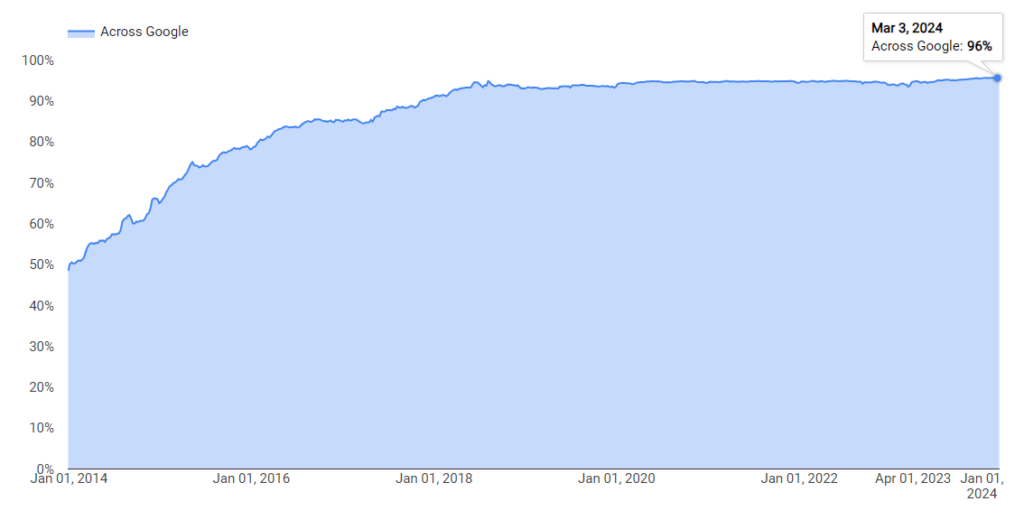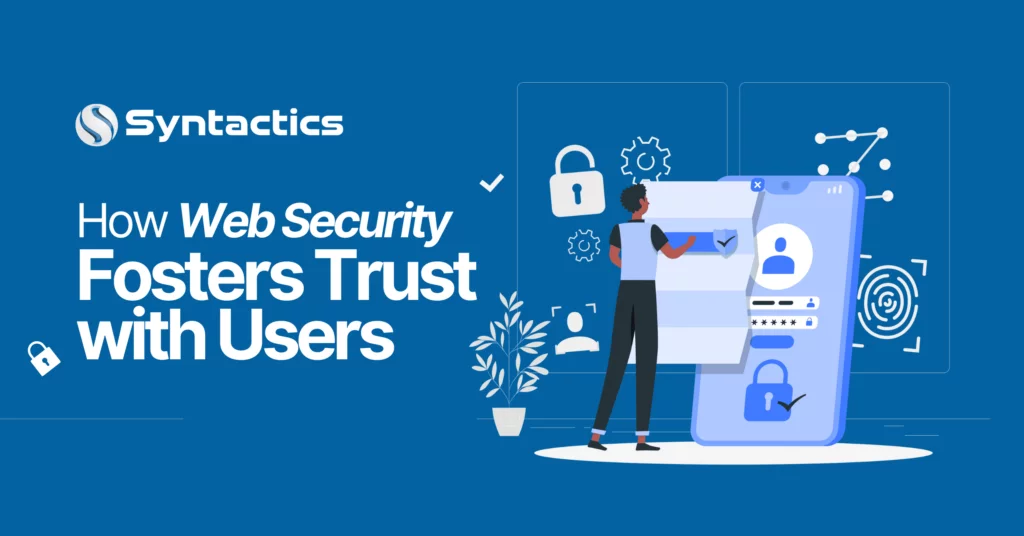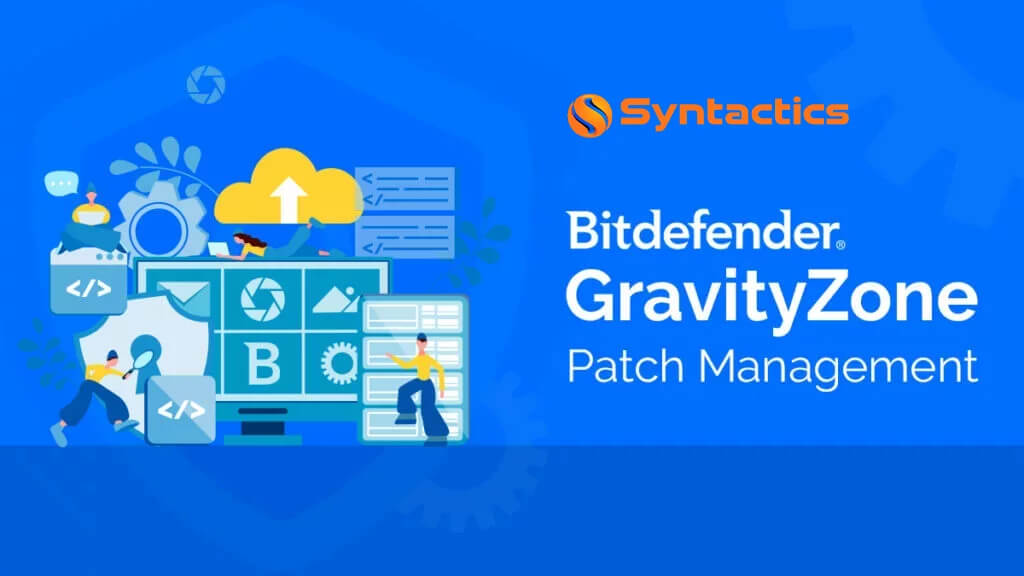
Hidden Vulnerabilities of Cheap Hosting
When creating a website, one of the first things you often do is look for a reliable website hosting provider. With the number of options available, it can be tempting to choose the cheapest plan to minimize expenses. However, if you’re not careful, the most affordable web hosting plan may not be secure enough, and that can affect your business.
If you can’t acquire the services of a reliable website hosting provider at the moment, don’t fret!
There are hosting security protocols that a web development company can add to keep your site safe from various vulnerabilities.
The Hidden Vulnerabilities of Cheap Hosting
Before we discuss the security measures, here are vulnerabilities you can expose to your site if you don’t choose the best hosting plan.
Limited Resources and Performance Issues
Cheap hosting providers aim to keep their prices low to attract customers.
To achieve this, they often provide users with limited resources, which can affect your website’s performance. These resources include:
- Bandwidth;
- Server space;
- Central Processing Unit (CPU);
- Random Access Memory (RAM), and
- Database resources.

Source: Blogging Wizard.
Users enjoy using a website that loads at lightning speeds and functions smoothly.
However, if you’re using low-cost hosting instead of reliable services, your site will load content slowly, which can frustrate users and lead them to click away. Besides, having poor website performance may urge you to upgrade your hosting plan, incurring additional costs in the long run.
Vulnerability to Security Breaches
Another major pitfall of using cheap hosting is weak website security. Unreliable hosting providers often do this to keep costs down.
However, your website can pay the price since it increases the risk of exposure to cyber-attacks. These can come in the form of hacking, malware attacks, or phishing scams.
Here are common security risks related to cheap hosting:
- Lack of Backup Features;
- Basic firewalls, and
- Limited Support.
You’ll want to avoid having sketchy security on your website, especially if you’re running an eCommerce business.
An eCommerce site often stores important customer information like credit card numbers and emails. These can put your site at risk of cybercrime, like malware attacks, Denial-of-Service (DoS), or hacking. If hackers attack your site, you’ll lose customers’ trust, and they won’t buy from you again.
If you’re unable to invest in reliable hosting services, a web development company can strengthen your site’s security. They can implement website security practices and measures to keep user data safe.
Lack of Customer Support and Technical Assistance
Another downside to using low-cost hosting is the lack of customer support. If your site’s hosting is having issues, the provider won’t be able to fix it promptly since they’re hard to reach or unresponsive.
As a result, your site can experience prolonged downtime, and users won’t be able to access it.
For example, customers won’t be able to buy your products or services if they can’t browse your eCommerce site. That’s why, according to Web Hosting Statistics, it can cost you $301,000 to $400,000 for every hour your site is down.
Services from a reliable hosting company can prevent your website from losing significant revenue.
Additional Security Measures for Cheap Hosting
Regular Data Backups
According to Key Backup Statistics to Know, only 6% of businesses that don’t do regular backups or have a recovery plan continue to operate.
If you want your business to keep flourishing, it’s a good habit to start backing up your website from the start.
As a result, your website can experience the following perks:
- Data loss prevention;
- Minimized downtime, and
- Simplified website migration process.
You can also have a web development company schedule automatic website backups. This way, you won’t have to remind yourself to manually back up your website, and ultimately have peace of mind.
SSL Certificate
Although a Secure Sockets Layer (SSL) certificate is optional, it can strengthen your website’s security. That’s because it enables an encrypted connection, so you can prevent hackers from intercepting information being sent to your website.
This is important if you’re running an eCommerce website so you can keep your customer’s sensitive information safe.
SSL certificates protect your website from the following:
- Man-in-the-Middle (MITM Attacks);
- Phishing scams;
- Domain spoofing, and
- Session hijacking.
In addition, Google marks websites without an SSL certificate as unsafe to inform the public. Thus, if your site doesn’t have an SSL certificate, users will have a hard time trusting your business. As a result, they’ll leave your website and go to your competitors instead.
96% of Chrome users spend their time on Hypertext Transfer Protocol Secure (HTTPS)-secured pages. Hence, if you want users to stay on your website longer, consider installing an SSL certificate.

Source: SSL Insights.
If your cheap hosting doesn’t provide your site with an SSL certificate, you can purchase one from a reputable Certificate Authority (CA), like Calicodomains.com.
Web Application Firewall
If you want to reinforce your website’s security, consider installing a Web Application Firewall (WAF). It helps protect your website against common attacks, such as:
- Structured Query Language (SQL) injection;
- Cross-Site Scripting (XSS);
- Cross-Site Request Forgery (CSRF), and
- File inclusion attacks.

Source: Gitnux.
Some cheap hosting services may provide your website with a basic firewall, but it won’t be enough to protect it against malicious attacks like Distributed Denial of Service (DDoS).
To remedy this, you can layer your site’s security with a WAF from reputable providers, such as Cloudflare or Akamai.
Regular Software Updates and Patch Management
It can be tempting to skip software updates whenever a new version is available. But keeping up with regular software and patch updates ensures your site stays safe, especially when you’re using cheap hosting.
Updates and patches fix holes in a software’s functionality to prevent attacks. They often contain upgrades that smooth out security issues to minimize attacks.
If you’re using a platform like WordPress, it’s also best practice to update its plugins and core software to reinforce your site’s protection. Thus, a web development company can implement these measures, allowing your site to experience the following benefits:
- Improved performance;
- Enhanced stability, and
- Mitigated known vulnerabilities.
Conclusion
Cheap website hosting may look like you’ve scored a deal due to its affordability. However, in exchange for its low-cost fees are vulnerabilities that can negatively impact your business.
For instance, limited resources and weak security can affect your site’s performance and users’ trust. As a result, they will hesitate to interact with your business.
To ensure you select the most reliable hosting provider, you can consult a web development company in the Philippines for recommendations. They can also install additional security measures to reinforce site security.
Check Out Our Web Hosting Services Here!
Frequently Asked Questions About Website Hosting
Is Google website hosting free?
Yes, Google offers free web hosting through Google Sites. Users can create, host, and maintain sites for no added hosting fees, provided that they use a Google or Gmail account.
Which web hosting is best for beginners?
The best web hosts for beginners are Wix and GoogieHost, both recommended for their user-friendly interfaces and straightforward setup processes. They cater to users, especially those without extensive hosting skills.
What is the most reliable web hosting company?
The most reliable hosting companies are SiteGround and Bluehost. Both offer excellent uptime, responsive customer support, and a range of hosting plans.


















Comment 0